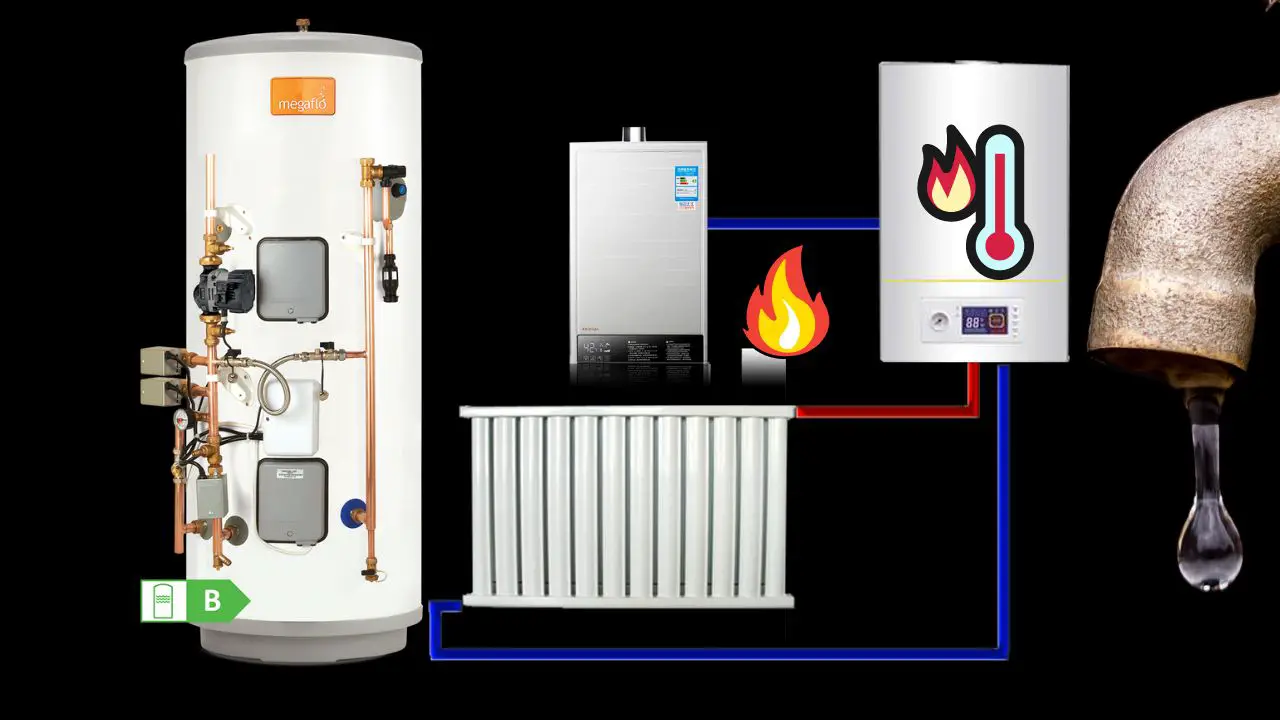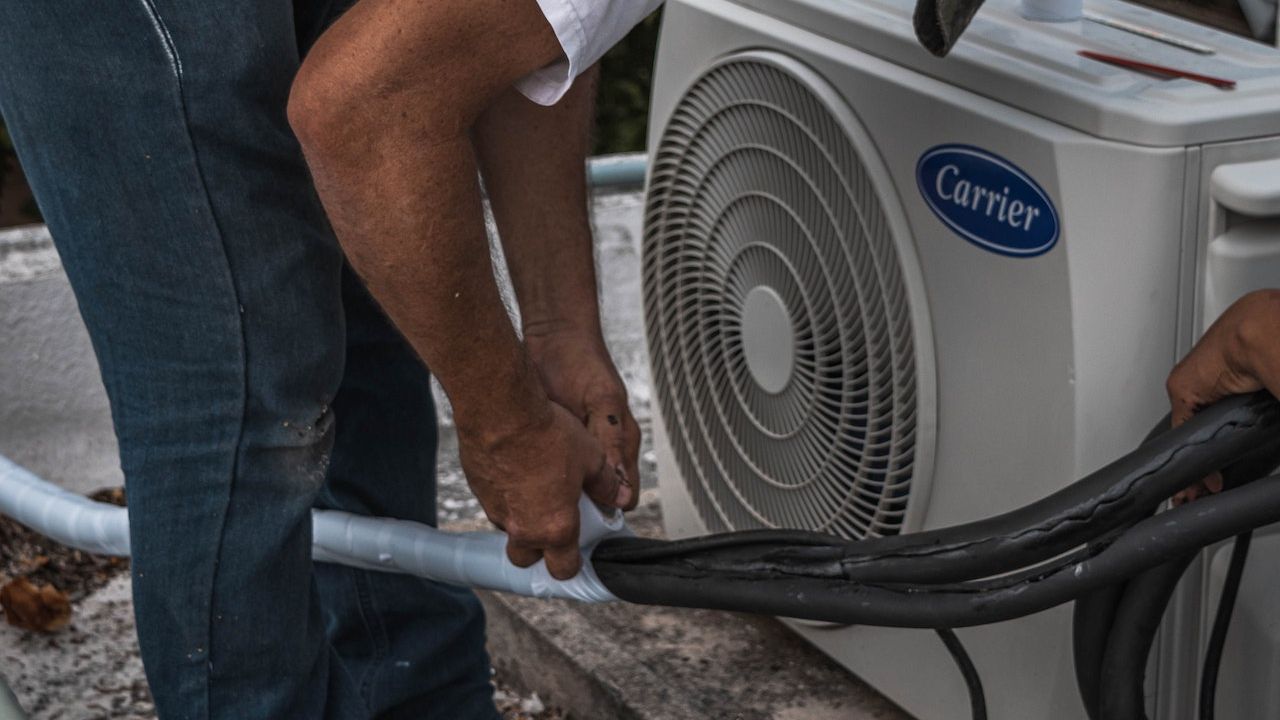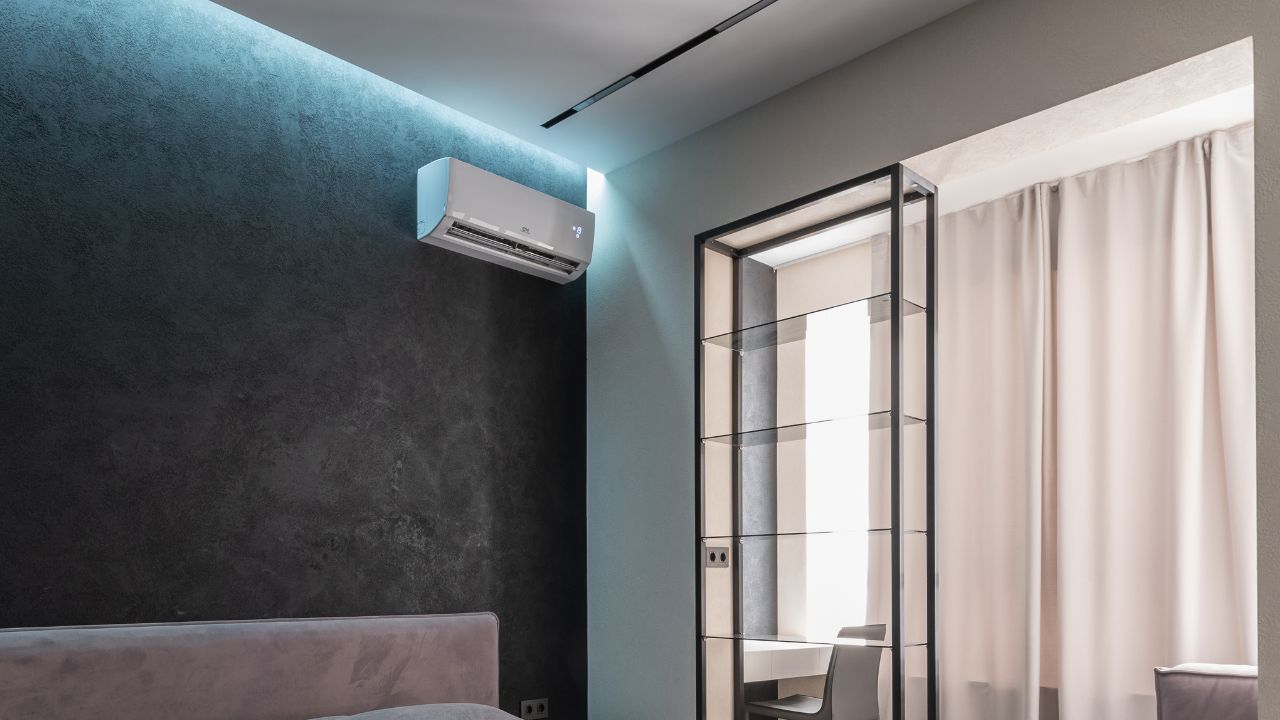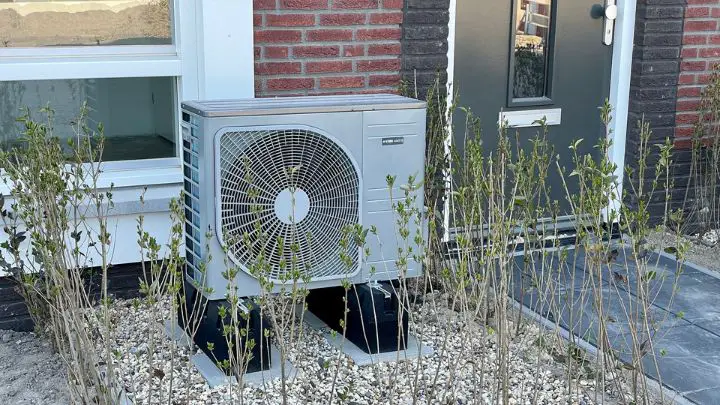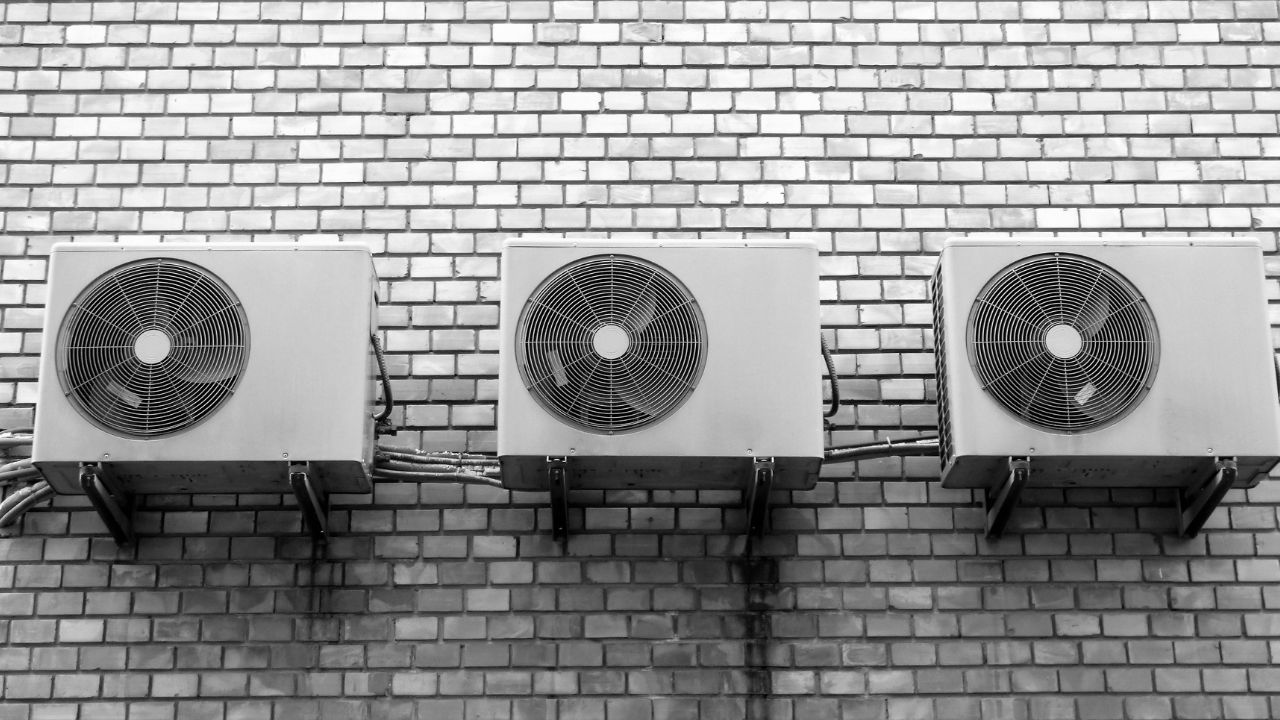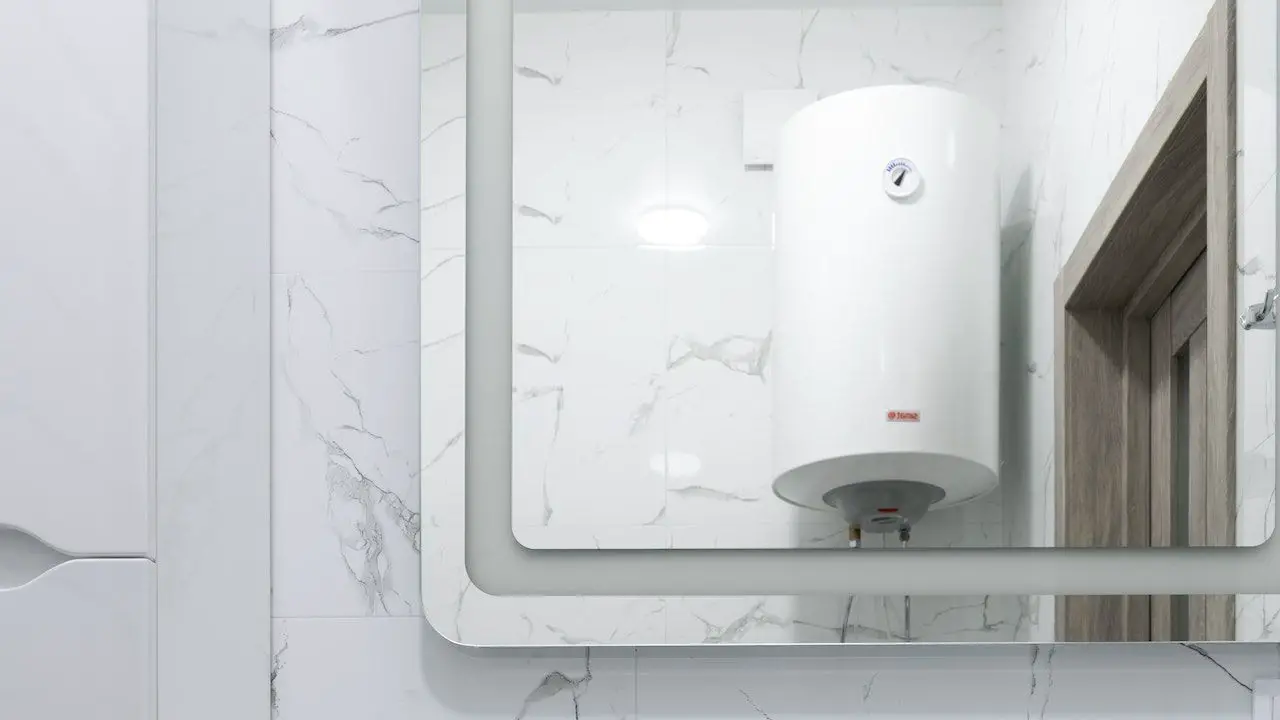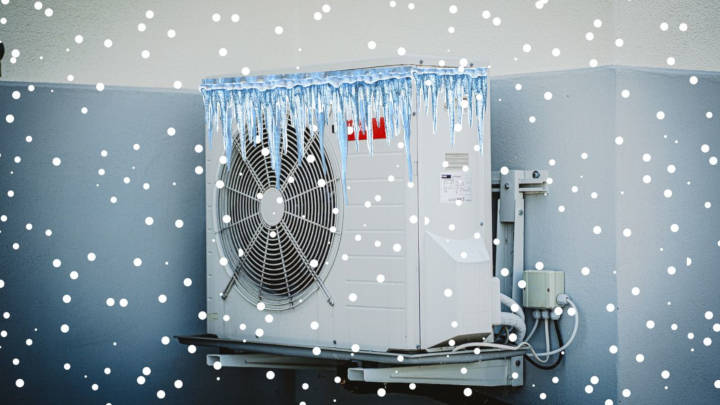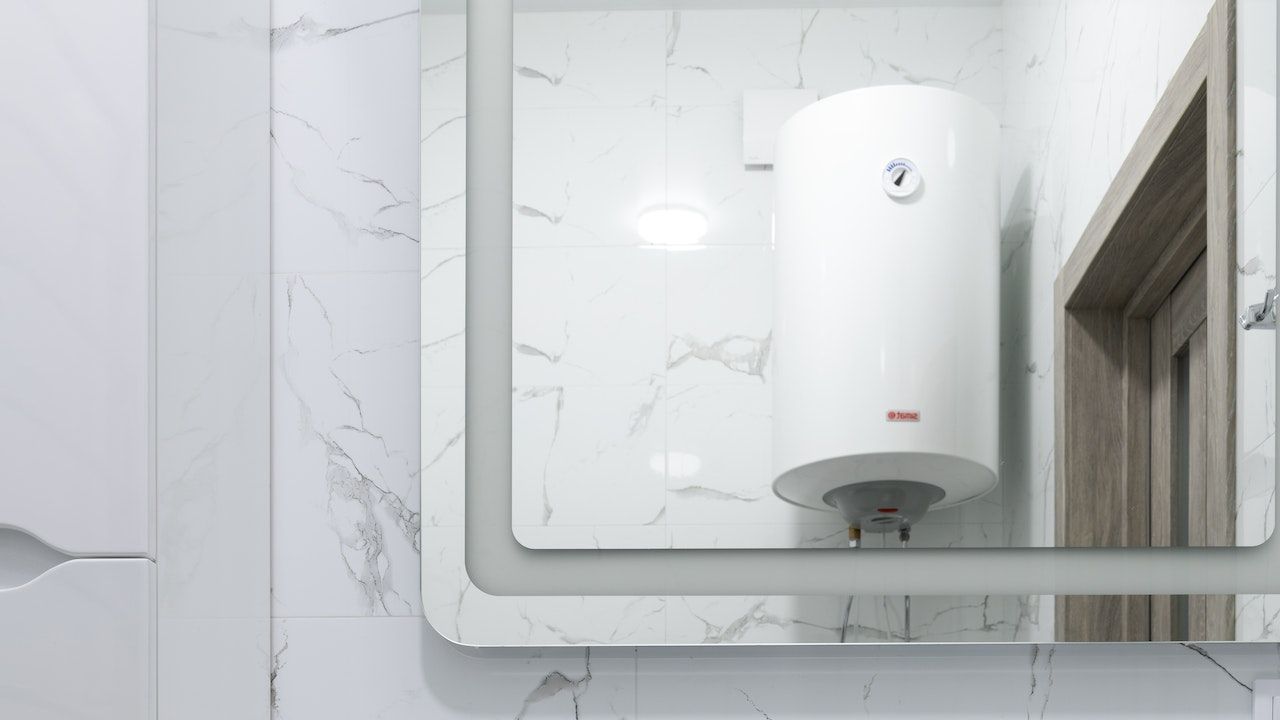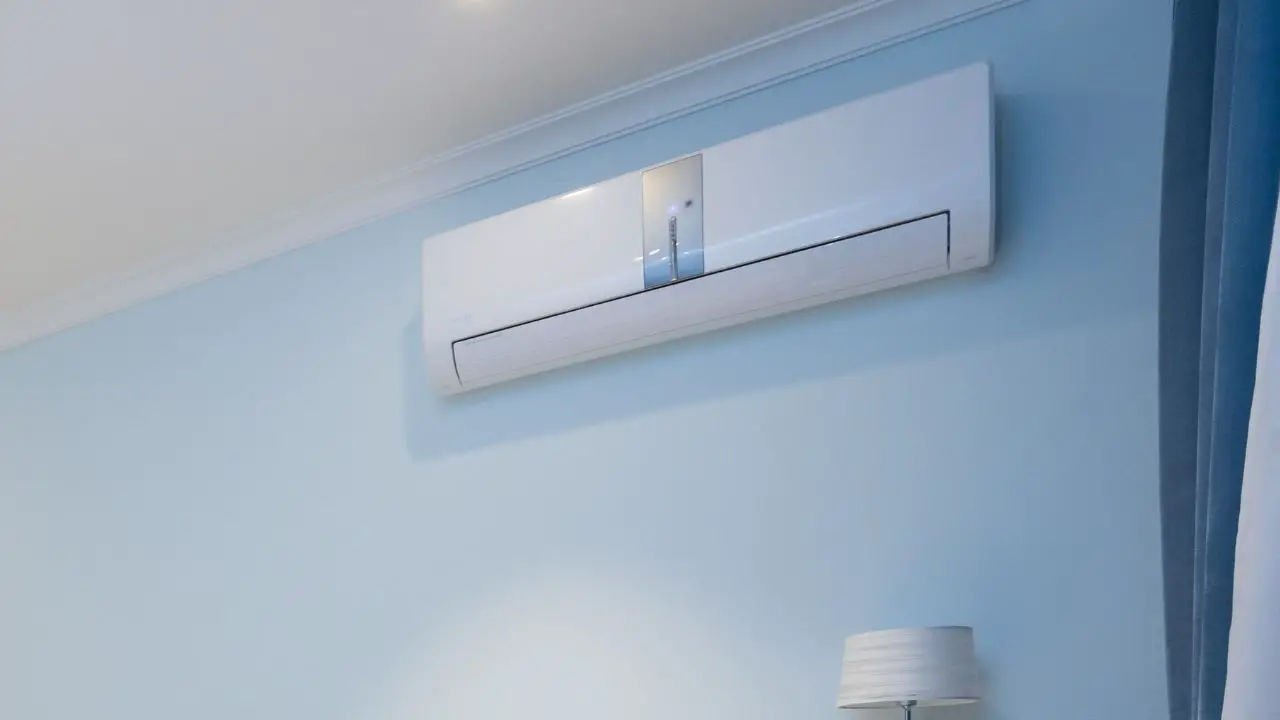What is this POU water heater or point of use water heater, and why do you need to use them in your house? I will answer it and also share how to choose the best POU heater. A heater that is efficient and fulfills your requirement and saves you money on electrical bills.
It is an external system that does not need any remodeling of your home plumbing system. It is small and can be installed under a kitchen or bathroom sink. Just buy it, connect, and get the hot water without waiting much.
Do You Really Need a Point of Use Water Heater

Point of use heaters help you reduce the time the hot water takes to arrive after you open the faucet. It is not a big deal for most people if your faucet is close to the water heater. But if it is far away, it will take longer to travel, increasing your wait time.
A POU heater can solve this problem in your shower, bathroom sink, kitchen sink, and many other places. It is a small device installed near your faucet that heats the water very close to the point where it is used.
Also read: How long does it take for a water heater take to heat up the water
Table of Contents
How to Choose the Best POU Water Heater
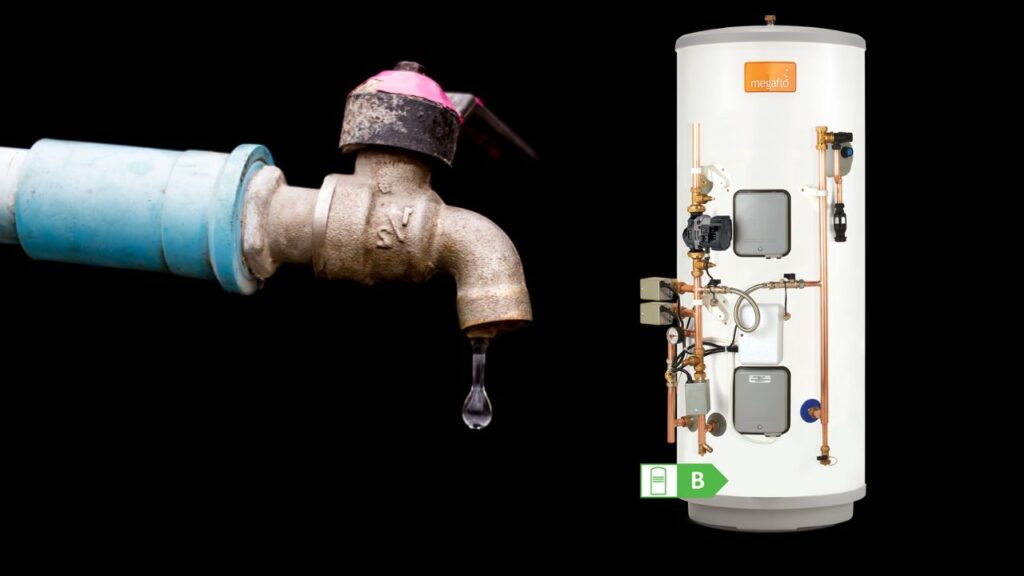
First, understand how much hot water you need in a particular faucet. A small bathroom sink will require less hot water than a kitchen sink, and a bathtub will require more.
Every POU heater is built on this requirement measured on GPM or Gallons Per Minute. You will find this chart on most websites that sells water heaters. But for you, I have already extracted them. Take a look.
- Bathroom Sink: 0.5 – 1.5 GPM
- Kitchen Faucet: 1.0 – 1.5 GPM
- Shower: 1.0 – 2.5 GPM
- Kitchen Sink: 1.0 – 2.5 GPM
- Washing machine: 1.5 – 3.0 GPM
- Bathtub: 2.0 – 4.0 GPM
The amount of hot water a heater is able to provide can be determined by the size of its tank. But tanks with fewer water heaters are measured by the number of gallons of water they can heat per minute.
So using this chart, you can determine what kind of water heater you need, as those high-powered heaters will cost you more and consume more electricity. But worry not as the POU water heaters are very efficient and can save you money on electric bills.
Is POU Water Heaters Really Energy Efficient
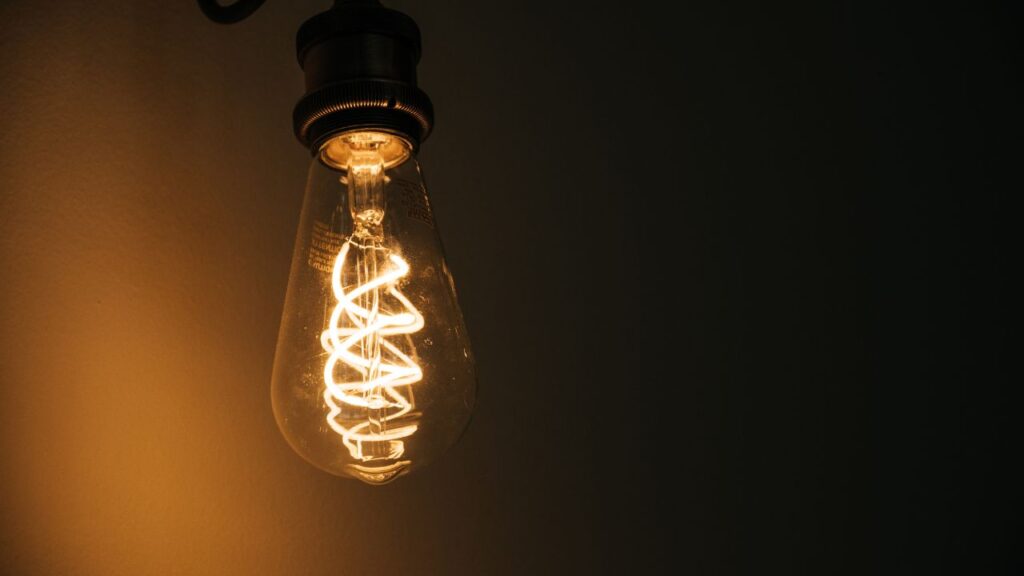
Yes, they are in almost every case, whether you have a tank or not or what type of heater you are using in your house (electric or gas). It is going to be efficient. Here is the reason why.
- On average, a shower uses 2.5 gallons of water every minute, and the hot water will take a few minutes to reach you.
- So what will happen with the remaining water that is not hot in the pipe?
- They will drain as a total waste.
- And it can heat up faster than raw water, thus saving you some energy.
- But with this POU, the water will not go to waste but into use.
So technically, it can help you reduce the amount of wasted water and energy. As you know, water heaters are one of the biggest eaters of energy in a home, about 20 percent of your total energy consumption.
So you can save a few units and pay less electricity bill if you use a POS water heater.
Last Words
Now you tell me do you need a point of use heater for your house? If yes, choose one as your requirement from the above list and do not worry about electricity bills. They do not consume much.
Just be careful with it as it is electric and produces hot water. So it can harm you as a human being. Be careful and use with precautions. And install it with a professional to make sure everything is okay and secure. I wish you the best of luck. See you soon.
Point of Use Heater FAQs
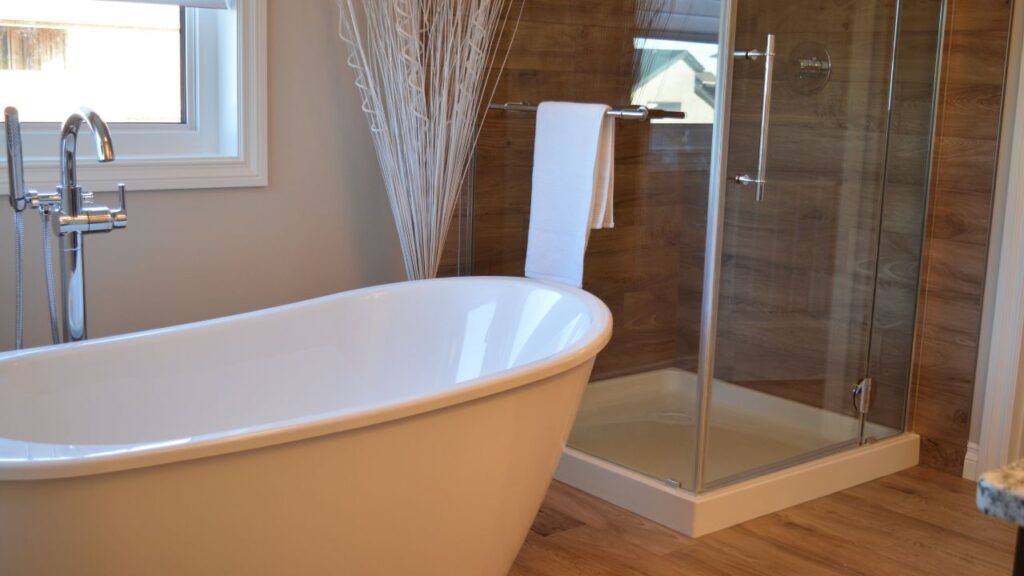
Does the Point of Use water heater save electricity?
Yes, point of use water heaters save electricity whether you have a tank or not, it is going to be efficient.
Can I use a point of use water heater for a small sink?
Yes, you can use the POU water heater, no matter how small your kitchen sink is. It will heat the small amounts of water you need.
Can I take a shower with the point-of-use water heater?
Yes, you can. Point of use water heaters are ideal for bathroom showers and kitchen sinks.
Follow Me on PINTEREST for More Ideas.
